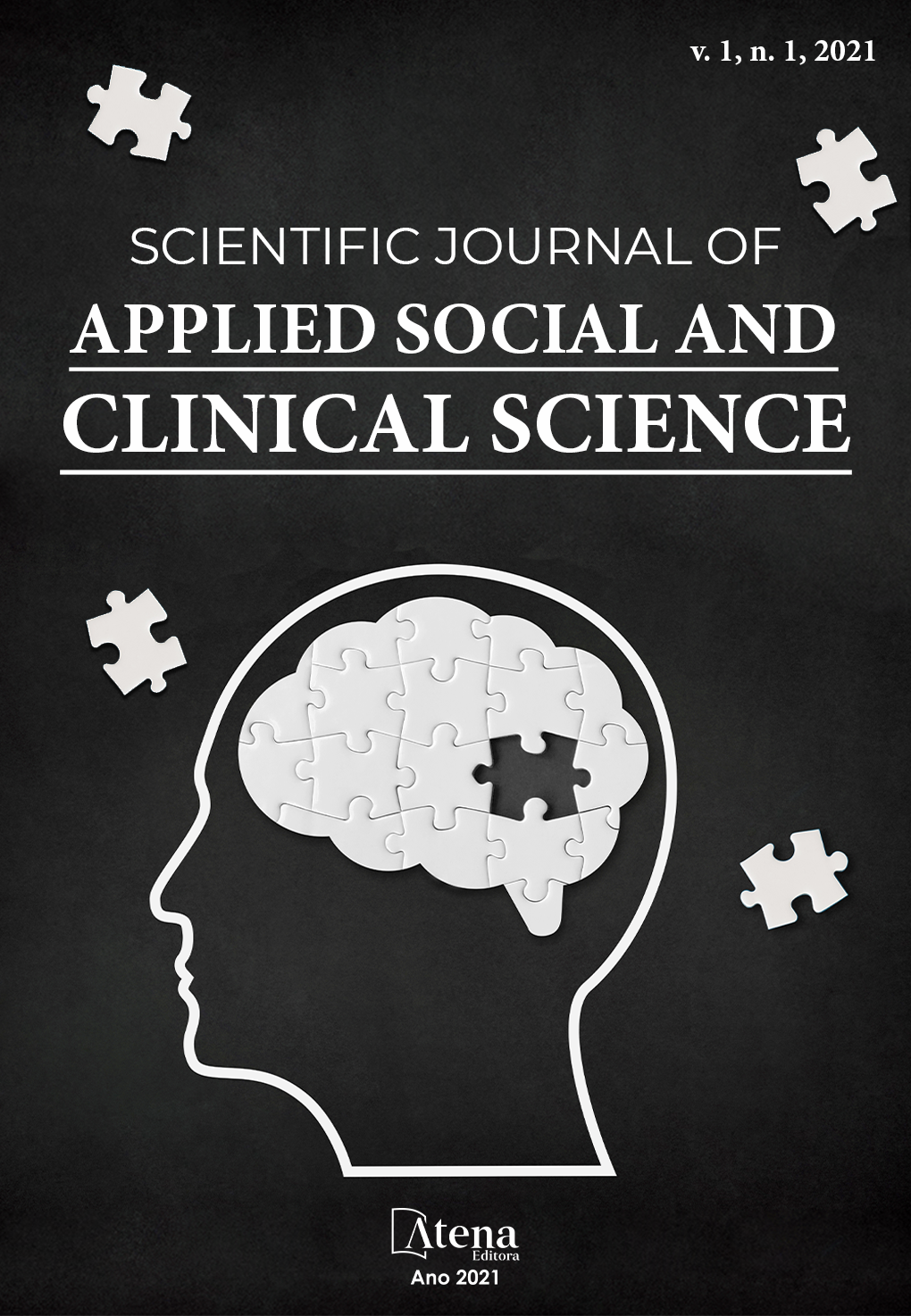
Social networks of the movement ``Vem pra rua`` (Come to to the street): a discursive critical analysis of a "social movement"
This work focuses on the analysis of the Twitter discourse of the movement ``Vem pra rua`` (Come to to the street), in the period prior to the impeachment of former president of Brazil Dilma Rousseff. The article collects a small part of the in-depth research carried out in the doctoral thesis The hegemonic power of social networks: a critical analysis of the discourse of those who “go to the street” (Gambetta, 2017). Contemporary information and communication technologies have contributed to creating spaces of expression within the reach of all those who have access to the internet. Thus, social movements have found in these spaces a fertile ground for calling and interacting with their followers. This work aims to bring readers closer to the critical analysis of discourse on the social network Twitter, taking as a starting point the group's position in their presentation on the official wesite of the movemente. The in-depth research is theoretically supported by Critical Discourse Analysis (CDA) (FAIRCLOUGH, 2001, 2003), Communication for Social Change (CMS) (GUMUCIO-DAGRON, 2008, 2011), Multimodality Grammar (COPE; KALANTZIS, 2009) and Systemic-Functional Linguistics (LSF) (HALLIDAY, 2004) and the Representation of Social Actors (VAN LEEUWEEN, 1998, 2007), the latter being the theoretical categorization used to approximate the discourse of the movement ``Vem pra rua`` (Come to to the street) in social networks. We found that the speech that ``Vem pra rua`` (Come to to the street) has disseminated on its social networks, particularly in the pre-voting period for President Dilma's impeachment, has been a speech with a strong ideological content, specifically oriented towards fulfilling political objectives. We conclude that networks are, at the same time, potential tools for new ways of expression for minority groups, elements of consolidation of hegemonic groups with ideological interests.
Social networks of the movement ``Vem pra rua`` (Come to to the street): a discursive critical analysis of a "social movement"
-
DOI: 10.22533/at.ed.2162110125
-
Palavras-chave: ``Vem pra rua`` (Come to to the street); Critical discourse analysis; Social Networks.
-
Keywords: ``Vem pra rua`` (Come to to the street); Critical discourse analysis; Social Networks.
-
Abstract:
This work focuses on the analysis of the Twitter discourse of the movement ``Vem pra rua`` (Come to to the street), in the period prior to the impeachment of former president of Brazil Dilma Rousseff. The article collects a small part of the in-depth research carried out in the doctoral thesis The hegemonic power of social networks: a critical analysis of the discourse of those who “go to the street” (Gambetta, 2017). Contemporary information and communication technologies have contributed to creating spaces of expression within the reach of all those who have access to the internet. Thus, social movements have found in these spaces a fertile ground for calling and interacting with their followers. This work aims to bring readers closer to the critical analysis of discourse on the social network Twitter, taking as a starting point the group's position in their presentation on the official wesite of the movemente. The in-depth research is theoretically supported by Critical Discourse Analysis (CDA) (FAIRCLOUGH, 2001, 2003), Communication for Social Change (CMS) (GUMUCIO-DAGRON, 2008, 2011), Multimodality Grammar (COPE; KALANTZIS, 2009) and Systemic-Functional Linguistics (LSF) (HALLIDAY, 2004) and the Representation of Social Actors (VAN LEEUWEEN, 1998, 2007), the latter being the theoretical categorization used to approximate the discourse of the movement ``Vem pra rua`` (Come to to the street) in social networks. We found that the speech that ``Vem pra rua`` (Come to to the street) has disseminated on its social networks, particularly in the pre-voting period for President Dilma's impeachment, has been a speech with a strong ideological content, specifically oriented towards fulfilling political objectives. We conclude that networks are, at the same time, potential tools for new ways of expression for minority groups, elements of consolidation of hegemonic groups with ideological interests.
-
Número de páginas: 9
- Leticia Gambetta


